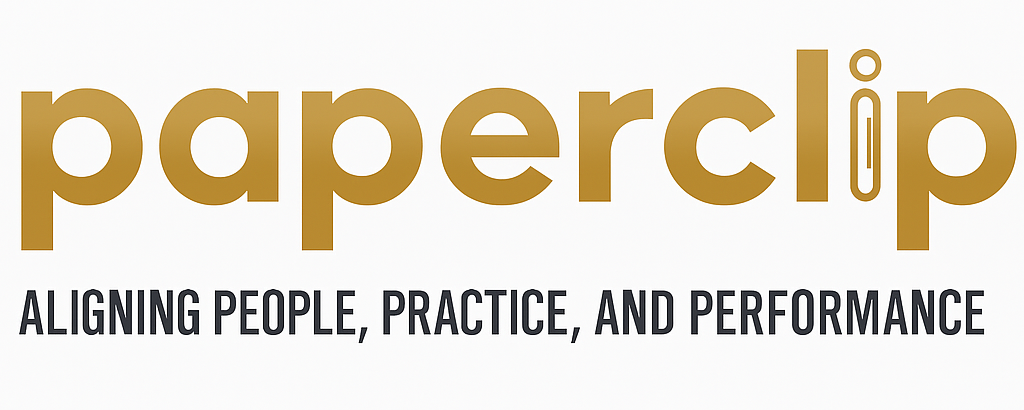Navigating Office Politics
In the complex realm of modern workplaces, one cannot escape the intricate web of interactions known as office politics. While the term may evoke negative connotations, it is crucial to acknowledge that office politics, when managed effectively, can be a powerful tool in advancing one’s career and fostering a harmonious work environment. Today, let us delve into the nuances of office politics and explore strategies for navigating this labyrinth with grace and professionalism.
- Understanding Office Politics:
Office politics refers to the informal power dynamics, relationships, and strategies that shape decision-making processes within an organization. It encompasses the various alliances, rivalries, and hidden agendas that can influence career progression, resource allocation, and even the overall culture of a workplace. Recognizing that office politics exists in every organization is the first step towards mastering its intricacies.
2. The Impact of Office Politics:
While office politics can be perceived as a hindrance, it serves as an extension of human behavior within an organizational context. Understanding the political landscape enables professionals to anticipate potential challenges, identify allies, and seize opportunities for growth. Moreover, by proactively engaging with office politics, individuals can contribute to positive change and shape the trajectory of their careers.
3. Navigating Office Politics:
Though navigating office politics can be daunting, several strategies can help professionals maneuver through this intricate terrain with integrity and professionalism:
- Cultivate Positive Relationships:
Building solid relationships based on trust and mutual respect is crucial. Actively engage with colleagues, superiors, and subordinates, fostering open lines of communication and demonstrating your dedication to the organization’s goals.
- Effective Communication:
Develop exceptional communication skills by actively listening, articulating your ideas clearly, and maintaining a professional tone even in challenging situations. Avoid engaging in gossip or unnecessary conflict, as these can hinder professional growth and credibility.
- Strategic Thinking:
Adopt a strategic mindset that focuses on the bigger picture. This includes aligning your goals with the organization’s objectives, identifying key stakeholders, and understanding the power dynamics at play. By doing so, you can position yourself as a valuable asset within the organization.
- Display Competence:
Strive for excellence in your work, consistently delivering high-quality results. Demonstrating your skills and expertise not only earns the respect of your colleagues but also safeguards your reputation from potential political maneuvering.
- Fairness and Integrity:
Uphold the highest ethical standards in all your interactions. Remain objective, treat others fairly, and avoid participating in unethical practices. By doing so, you will establish yourself as a trusted professional, immune to the negative repercussions of office politics.
4. Embrace Collaboration:
Rather than viewing office politics as a divisive force, embrace it as an opportunity for collaboration. Seek out collaborative projects and foster an environment that encourages teamwork. By working together, professionals can leverage their collective strengths, fostering a positive and productive work environment.
In conclusion, office politics, when approached with professionalism and integrity, can be skillfully navigated to one’s advantage. By understanding the nuances of these dynamics and adopting strategies that promote fairness and collaboration, professionals can thrive amidst the intricate web of office politics while fostering a positive and conducive work environment.
Let us embark on this journey together, embracing the challenges and opportunities that office politics presents. Remember, professionalism and integrity should always be our guiding principles, ensuring long-term success and personal fulfillment in our careers.
